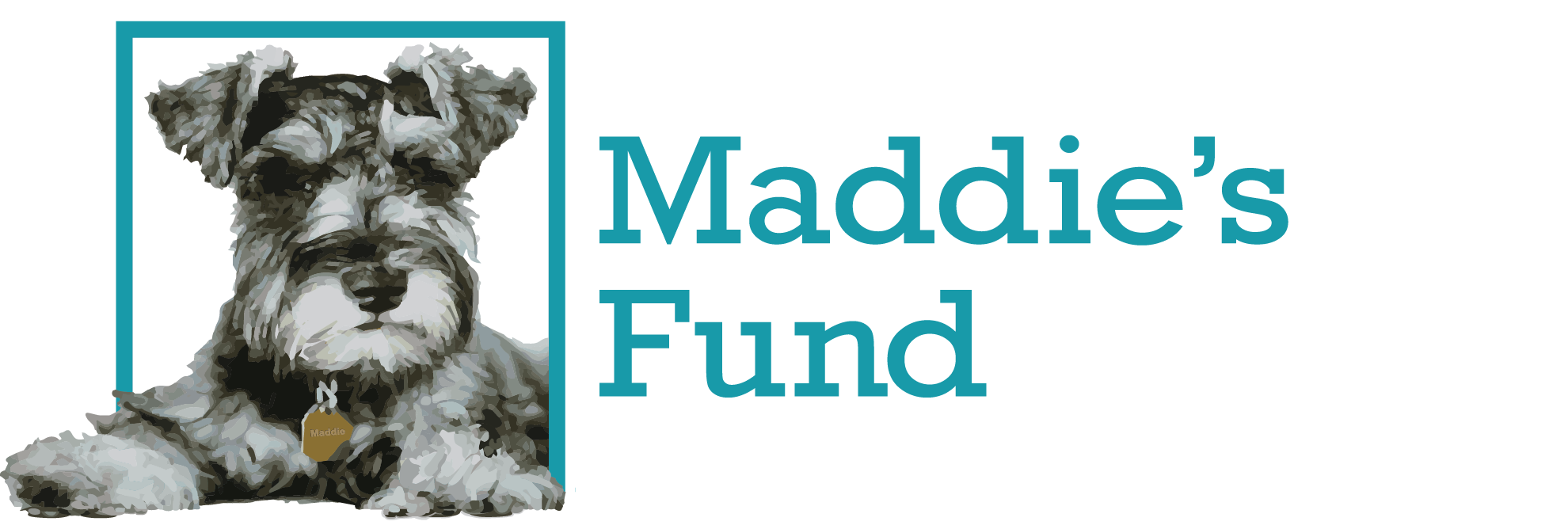When it comes to running an animal welfare organization, it’s important to have “the right people in the right seats on the bus.”
Those are wise words from Carol Novello, a Maddie Hero Award recipient and President of Humane Society Silicon Valley (HSSV).
After taking some time off from a tech career, Novello found herself unexpectedly in the world of animals, including raising a guide dog puppy. While the transition from tech to animals was not planned, it was a welcome change – and not as big of an adjustment as you might think.
“Ultimately, running a non-profit is running a business,” she says.
Thankfully, a lot of her skills were transferable. She already knew how to read a profit and loss report. She understood end to end processes and knew the role technology can play in helping employees and an organization be effective.
Novello realized quickly that she needed to adjust her own expectations. Change at HSSV took three to four times longer than she was used to. There are more emotions in animal welfare than in tech and fewer resources, so changes were challenging.
There was a mentality that in order to make a change, it needed to be a big move, she says. And then when an initiative didn’t work, it was dropped in favor of something else.
“Trying things on a small scale, learning from them, and then reiterating and then trying again” is key, Novello says, “And if you fail, it’s OK. Because you’re failing and early and failing fast. But failure is not the right word. It’s just a point in the learning curve in terms of learning what works and what doesn’t. That’s the mentality we’ve strived to put into place at HSSV.”
Don’t forget about data. “Data driven decisions are hugely important,” she says. After crunching some numbers, they determined that 30% of intake came from five zip codes. So they developed free spay and neuter for dogs in those communities. Their intake soon dropped from 11,000 to 8,000 dogs annually.
Her proudest accomplishment so far was when HSSV became the first shelter in the world to implement the standards put forth by the Association of Shelter Veterinarians. “Shelter medicine is so hugely important for this sector in so many fronts.” Novello said, “I’m really excited about inspiring other shelters embrace the guidelines and demonstrating that it can be done, and it really does impact your lifesaving capacity.”
With fewer resources, she has learned to get important contributions from volunteers. Volunteers have freed up vet techs from their foster kitten appointments by staffing their kitten vaccination station. Volunteers administer vaccines, give out food and supplies, and are trained to spot common medical issues. If further care is needed, then that kitten is seen.
What’s Novello’s secret? She took a step back and looked at what HSSV needed to do in order to accomplish its mission. They created job descriptions of volunteer roles they needed to fill. Their volunteers now are more engaged and happier, their employees are happy because they have help, and their volunteer retention rate has increased. “Can you invest your resources in a way that leverages your ability to get more done?”

